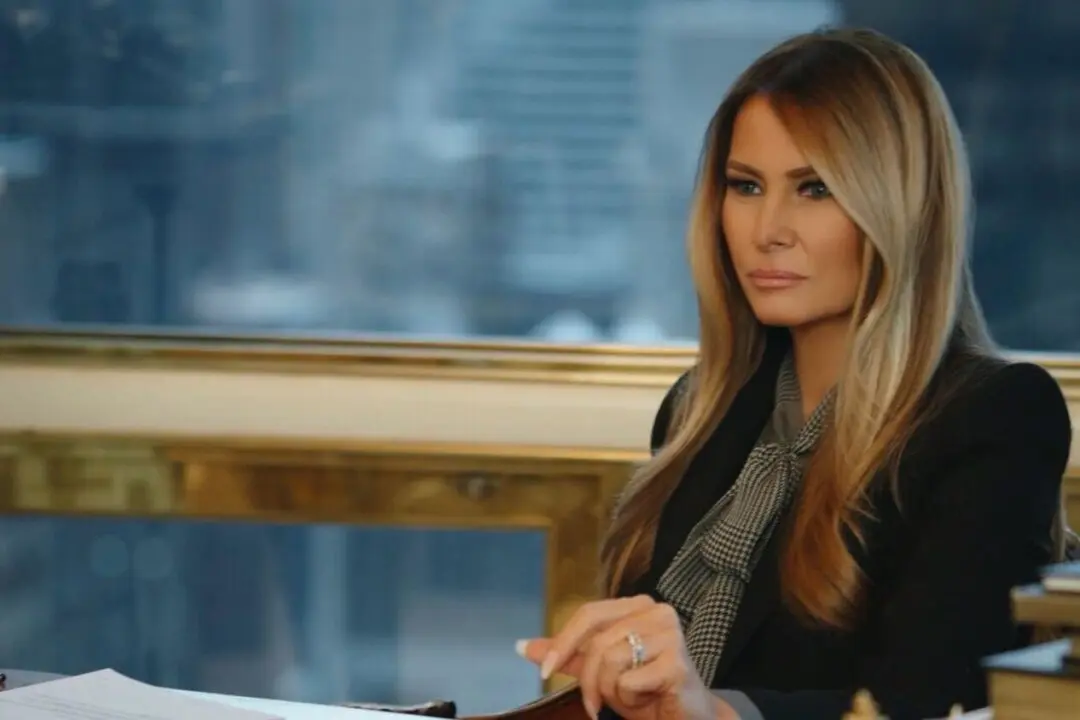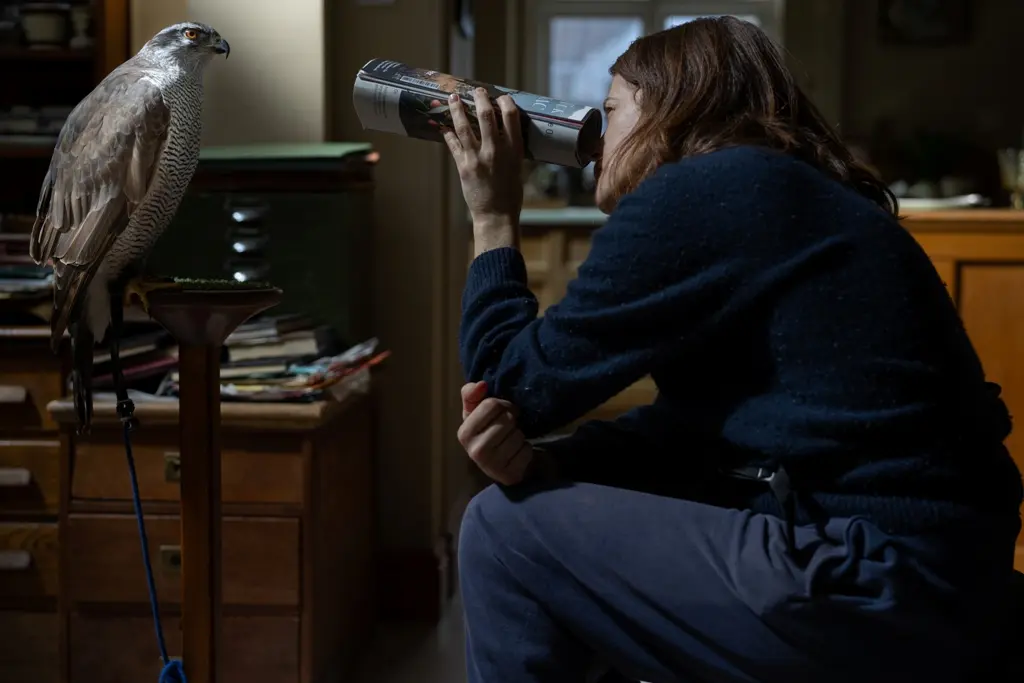Produced and released in between the first two installments of “The Godfather,” director Francis Ford Coppola’s “The Conversation” is arguably one of his finest efforts and easily his most overlooked and underappreciated.
Rewind, Review, and Re-rate: ‘The Conversation’
Coppola’s ominous spy thriller has never been more relevant
Originally from the nation's capital, Michael Clark has provided film content to over 30 print and online media outlets. He co-founded the Atlanta Film Critics Circle in 2017 and is a weekly contributor to the Shannon Burke Show on FloridaManRadio.com. Since 1995, Clark has written over 5,000 movie reviews and film-related articles. He favors dark comedy, thrillers, and documentaries.
Author’s Selected Articles





